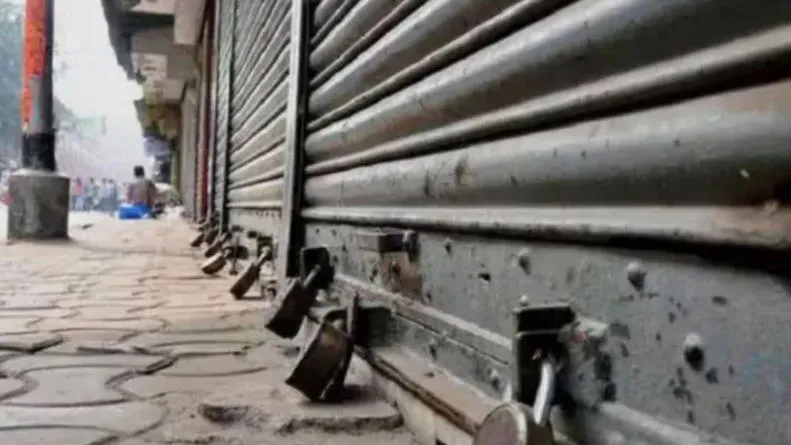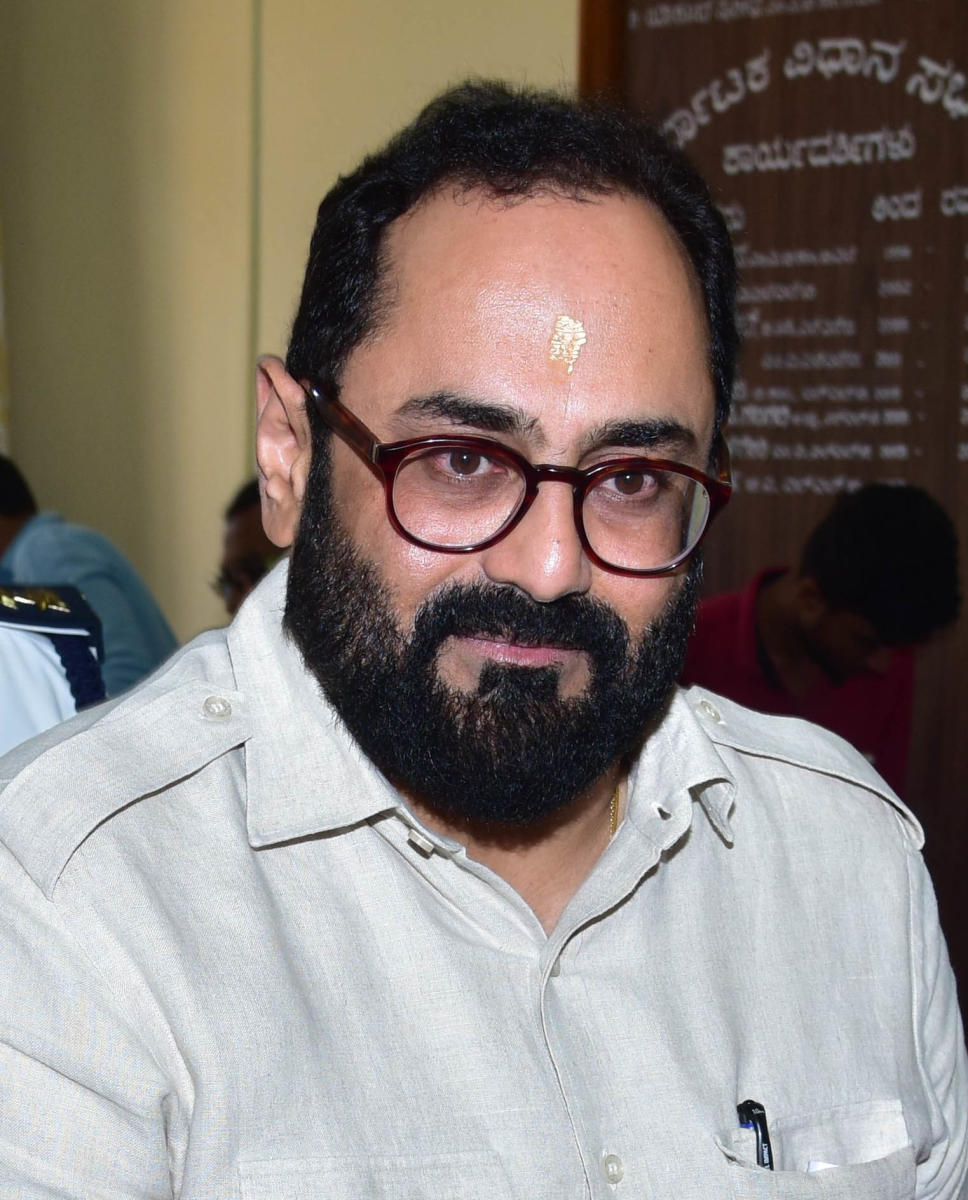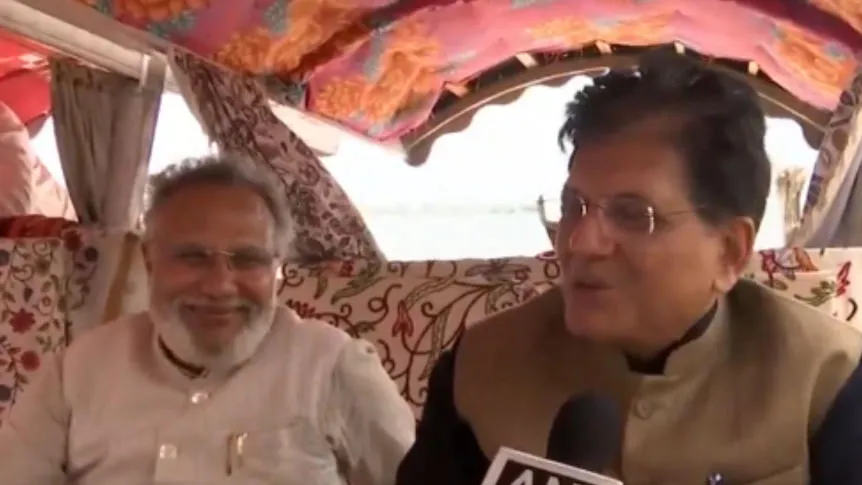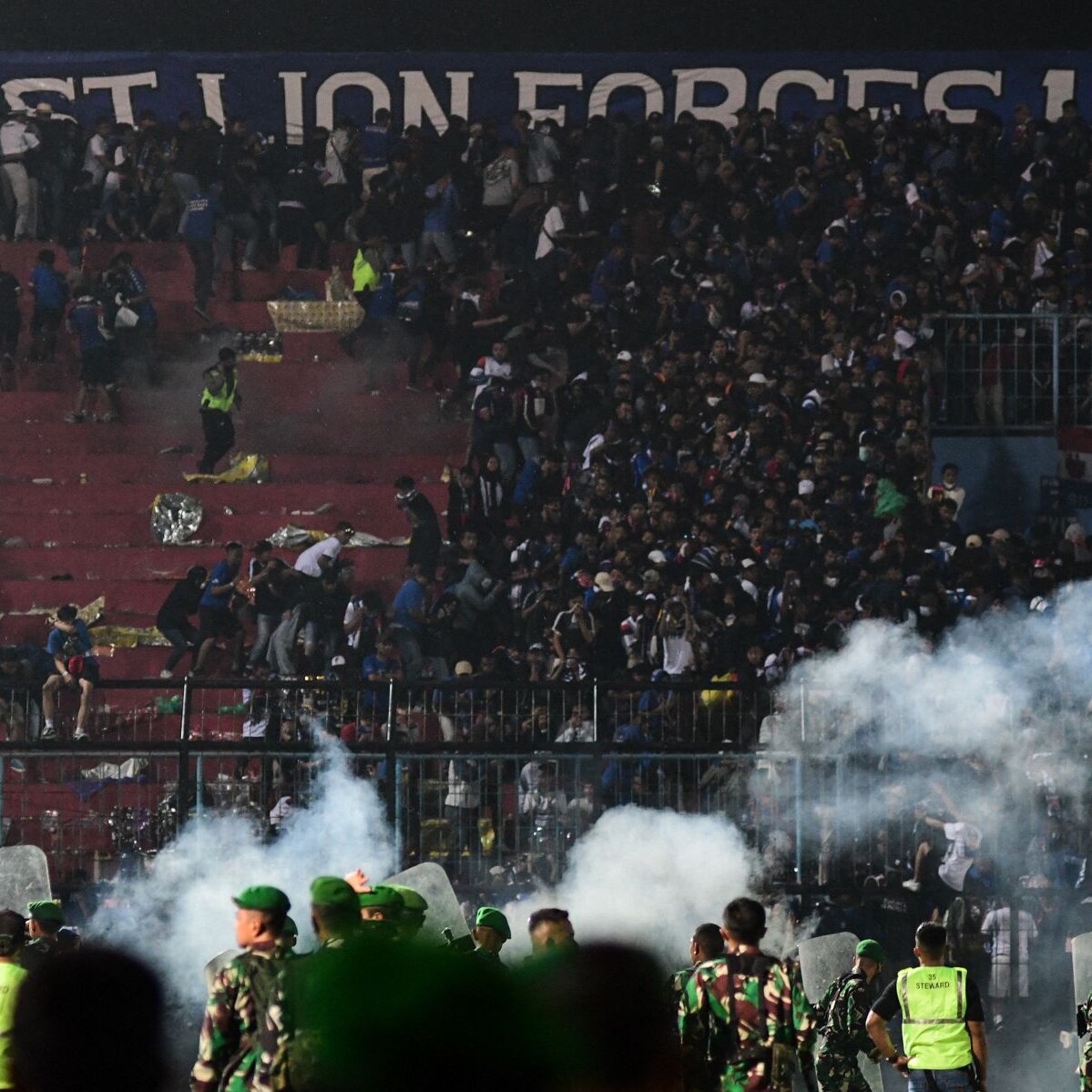In a wide-ranging conversation with Priya Sahgal on NewsX’s Cover Story, Congress MP and former Union Minister Manish Tewari offered a detailed analysis of the Iran-Israel conflict and its broader implications on global geopolitics. Speaking not just as a politician but also in his capacity as a geopolitical commentator, Tewari began by calling the current state of global affairs “unprecedented turmoil” since the end of the Second World War.
“The global order constructed post-World War II is completely and absolutely in turmoil,” Tewari said, adding that geopolitical tensions have reached boiling points across multiple regions — from North America to Europe, the Middle East to Asia.
America’s Strained Ties and Shifting Alliances
Tewari explained how U.S. foreign policy, especially under Donald Trump, has destabilized traditional alliances. “There are tensions between the United States of America and its closest neighbor Canada… and also with its NATO allies,” he noted, citing Vice President Mike Pence’s controversial speech in Munich that he said “threw European strategic elite under the bus.”
He pointed to the prolonged Russia-Ukraine war — now in its fourth year — as draining Europe’s strategic attention, even as tensions in the Middle East escalate.
Middle East on the Brink: Iran, Israel, and the US
Focusing on the heart of the matter, Tewari dissected the Iran-Israel tensions and the potential role of the United States. He emphasized that the U.S. maintains military ties with 18 countries in the Middle East, excluding Israel, which could complicate its response to the conflict.
He pointed out the strategic and historical hostility between the U.S. and Iran. “The regime in Iran, notwithstanding sanctions, has proven to be very resilient now over four and a half decades,” he said.
Recalling the 1979 hostage crisis, Tewari noted, “The United States has a long strategic memory… and has not forgotten the humiliation of that raid.”
He warned that should Iran respond by closing the Strait of Hormuz, “it is going to impact especially consumer markets in India, China, South Korea, Japan, and even westwards towards Europe.”
Iran’s Shia Crescent and Strategic Depth
According to Tewari, Iran has built significant influence across the region through its “Shia crescent” stretching from Iran to parts of Africa. He added that this makes the fallout of any direct U.S. military involvement even more complicated.
“If the US gets involved directly, Israel will retaliate. The US has a military presence in Iraq and several other countries with Shia populations. There would be implications which even the United States may not be able to control,” he said.
Will Regime Change in Iran Happen?
On whether military pressure could lead to a regime change in Iran, Tewari was skeptical. “I do not see that happening till the time the regime in Iran is not completely decapitated — which is a difficult thing to do,” he said.
He noted that the Iranian diaspora may hope for regime change, but the on-ground reality shows Tehran’s leadership has survived extensive sanctions and internal pressures over decades.
Israel’s Security Doctrine: Strategic Paranoia or Justified Fear?
Turning to Israel, Tewari explained that its actions are deeply rooted in its long-standing fear of any neighboring Islamic nation acquiring nuclear capabilities.
“Israel is mortally petrified of any Middle Eastern state acquiring nuclear capability… This has been a thread running through the Israeli political and strategic leadership for decades,” he said.
He added that Israel is now proactively striking threats instead of waiting to respond, citing past operations like the 1980s attack on Iraq’s nuclear facility and the 2010 Stuxnet cyberattack on Iran.
Trump’s Threats and Domestic Pressures in the U.S.
Tewari also commented on Donald Trump’s inflammatory rhetoric on Truth Social, including his veiled threats to Iran’s leaders. “This is not a takeout for lunch or dinner… This is a threat made by one global leader to another,” he said.
Despite such statements, he believes “cooler heads in Washington DC would be considering these strategic implications very carefully.”
Russia and China Stay on the Sidelines — For Now
On Russia and China’s role in the conflict, Tewari said Russia is “fully absorbed” with Ukraine and is now a weakened global power. As for China, he believes they are “hedging their bets.”
“China is not going to take any positions that harm its national interest,” he said, pointing to their strategy of waiting to see how the global order reshapes before asserting themselves further.
What Kind of World Order Is Emerging?
Tewari predicted that the future global order will not be U.S.-led unless America stabilizes its erratic foreign policy. “If the United States continues to be as erratic… then there will not be a US-led world order,” he warned.
He noted that China’s growing economic ties and the Belt and Road Initiative could help it punch above its weight, while India will need to navigate these turbulent waters very carefully.
India Must Form a National Strategic Consensus
He argued that India must work toward building a “silent, unspoken consensus” on foreign policy regardless of political differences.
“Given the kind of very polarized domestic discourse we have, the implications on being able to craft a coherent and consistent foreign policy also get impacted,” Tewari said.
Reflecting on historical crises like the 1962 China war, the 1971 Bangladesh Liberation War, and even the 2025 tensions with Pakistan, he emphasized the importance of national unity. “India would require maturity and sagacity of leadership to be able to see us through this,” he added.
A Call for Calm and Leadership
Tewari concluded with a cautious hope that a mature political leadership could rise above partisan bickering, especially as India enters a stormy parliamentary session.
“Not only India, but the world possibly finds itself at an inflection point,” he said. “This is the moment when you require an extremely mature quality, capable of looking beyond the immediate.”
As Sahgal wrapped up the interview, she acknowledged Tewari’s in-depth perspective and added, “We’re in for a rather stormy session, but thank you for giving us a curtain-raiser on where India stands in the world order.”






















